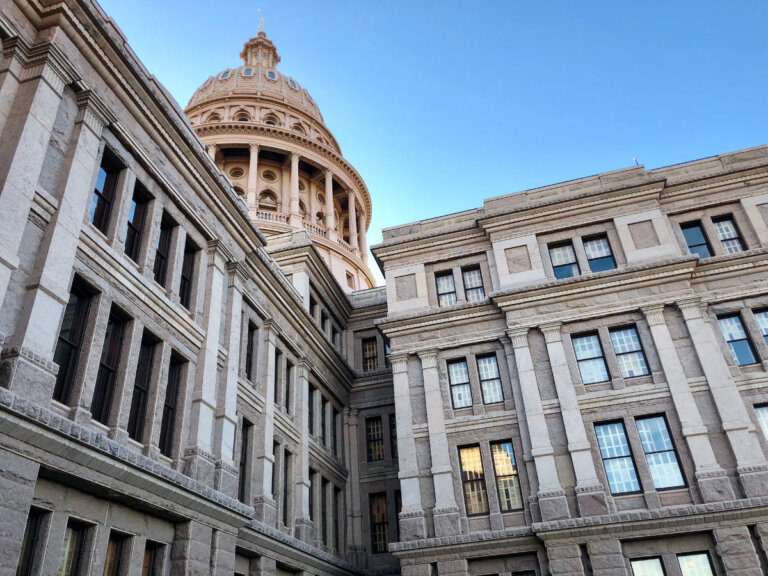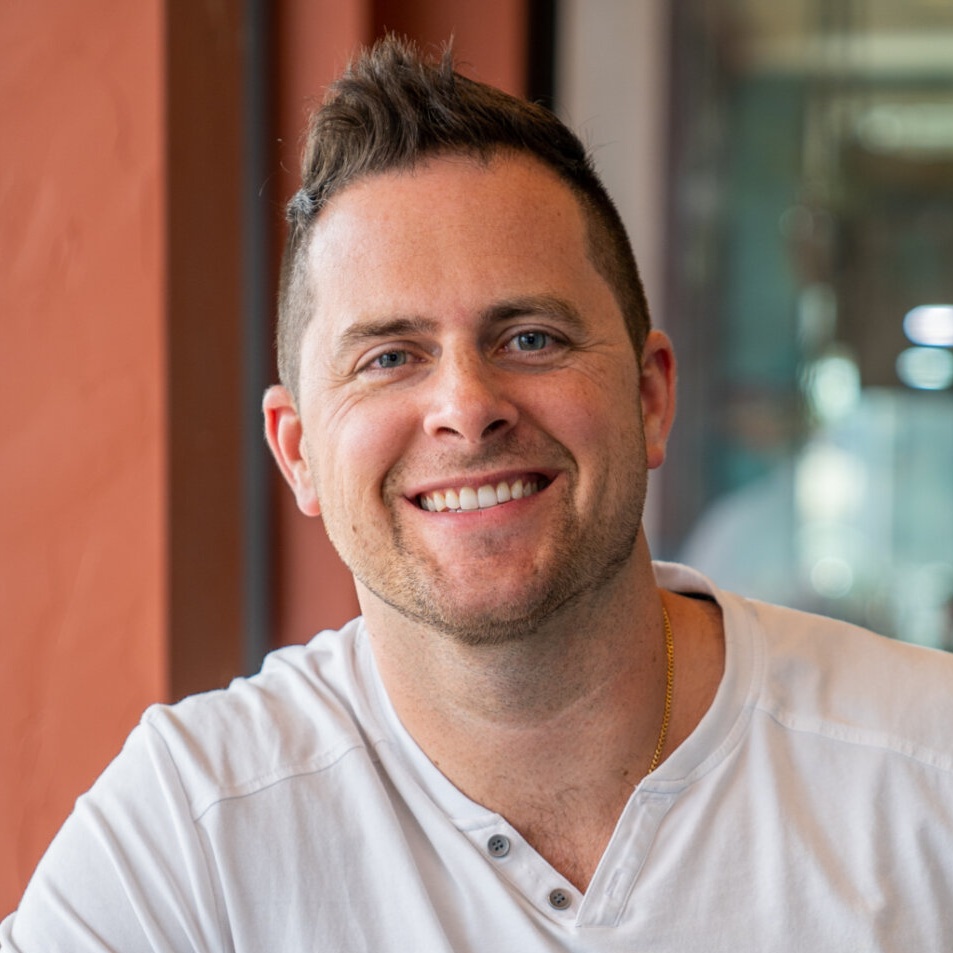Your invention or idea is novel and unique — so surely you should be able to obtain a patent for it, right? Not necessarily. You will also need to meet patent subject matter requirements.
Subject matter eligibility is one of the most important tests you’ll need to pass in order to obtain patent protection for your invention or idea. Even the most unique idea may not be patentable in certain cases. That’s because previous case law, as established by the U.S. Supreme Court, has identified categories of things which do not pass patent-eligible subject matter tests. These include the laws of nature (or products of nature), such as gravity or hurricanes; physical phenomena such as hormones and genes; theoretical or abstract concepts which could never actually be realized; and algorithms like mathematical equations.
What does meet United States Patent and Trademark Office (USPTO) eligibility requirements? The Patent Act, Section 101, provides four separate classes of patentable inventions. These broad categories include processes, machines, articles of manufacture, and chemical formulas or artificial compositions of matter. Improvements to something in one of these categories also qualify. In short, to be successful in your pursuit of a patent, you must show that your invention falls into a category of patentable subject matter in Section 101.
What to Do if Your Application Was Rejected for Patent Subject Matter Eligibility
If your patent application was rejected on the basis that the subject matter did not meet the qualifications of Section 101 of U.S. Code Title 35, you might think that there is nothing more to be done and that you are simply not destined to receive a patent. However, it may still be possible to overcome a Section 101 rejection.
The Alice/Mayo Test
As previously noted, abstract ideas, by themselves, cannot be patented. Ultimately, determinations of patent eligibility or ineligibility on the basis of subject matter begin with the “Alice” test, which stems from Alice v. CLS Bank (Alice Corp. Pty. Ltd. v. CLS Bank Int’l, 573 U.S. 208, 217-18 (2014)). This test contains multiple steps to evaluate whether an invention or idea meets subject matter requirements.
The first step is identifying whether the subject falls under one of the patent-eligible categories (process, machine, manufacture, or composition of matter). The next question is whether the claim could preempt an abstract idea and, if so, defining that idea as it relates to the claim. Finally, it is necessary to consider whether human contribution to the idea contains substantive limitations which serve to narrow the claim. USPTO 101 guidance provides a two-pronged approach for evaluating when an idea is not eligible because it is abstract.
An in-depth discussion of the Alice/Mayo test and the two-pronged approach is outside the scope of this blog post, but your attorney can help you apply this guidance to your rejected application to evaluate whether it makes sense to continue pursuing a patent.
Amending Your Claims
A patent attorney can help you amend the claims in your application, based on the examiner’s initial evaluation and rejection. For example, if your application was rejected on the basis that your invention relates to the laws of nature, an abstract idea, or a natural phenomenon, but a judicial exception actually applies, amending the claim to refer to that exception can help overcome this hurdle.
It is also possible that the USPTO examiner only focused on one element of your claim, without viewing it in concert with its other components. Amending your patent application can clarify which allowable category applies, and can reduce the likelihood of your application being rejected again because the examiner interprets the claim as being ineligible for a patent.
An Experienced Patent Attorney Can Help You Overcome Section 101 Rejections
If your patent application was rejected by the USPTO, Bold Patents may be able to help. We provide a range of patent services to inventors, entrepreneurs, and scientists across the country, including patentability assessment and eligibility services. To learn more, schedule a complimentary Discovery Call today!

